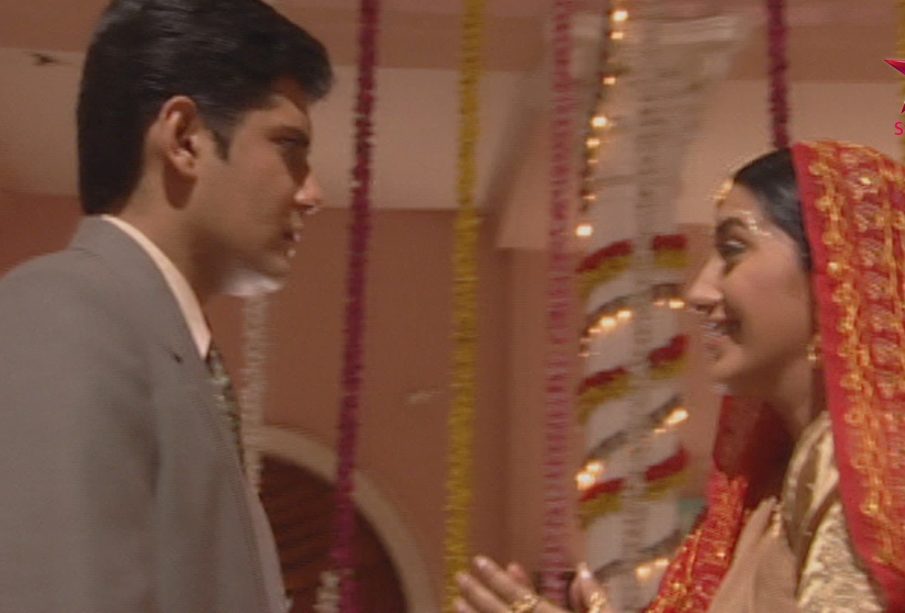Kyunki Saas Bhi Kabhi Bahu Thi: A Milestone in Indian Television

Introduction
Kyunki Saas Bhi Kabhi Bahu Thi, an iconic Indian soap opera, first aired in 2000 and quickly became a cultural phenomenon. It is known for its compelling storytelling and relatable themes surrounding family dynamics, love, and the challenges of marital life. With its strong characters and emotional drama, the show not only captivated audiences for over a decade but also paved the way for a new era in Indian television history.
The Shows Impact on Indian Culture
This serial, created by Ekta Kapoor under the Balaji Telefilms banner, changed the landscape of Indian television. Featuring the character of Tulsi Virani, played by Smriti Irani, the show highlighted the traditional values and struggles of Indian women. Tulsi became a cultural icon, representing devotion and resilience, and influencing countless viewers. The show not only entertained but also sparked conversations about women’s empowerment and societal norms in India.
Plot Overview and Characters
The show revolves around the Virani family and follows Tulsi’s life as a daughter-in-law, wife, and mother. Throughout its run, it showcased various poignant storylines exploring love, betrayal, and sacrifice. The dynamic between Tulsi and her mother-in-law, a central theme of the show, exemplified the often complex relationship between daughters-in-law and their mothers-in-law in Indian households.
With a stellar ensemble cast, including actors like Ronit Roy, Sakshi Tanwar, and Hiten Tejwani, Kyunki Saas Bhi Kabhi Bahu Thi attracted a massive following. The compelling character arcs made the audience invested in their fates, showcasing the trials and tribulations faced within a typical Indian family.
Conclusion: Legacy and Future
Kyunki Saas Bhi Kabhi Bahu Thi remains a benchmark in the Indian television industry. The show’s lasting legacy is evident in its ability to resonate with audiences even years after its conclusion. Its influence can be seen in the production of similar content focused on women, family relationships, and societal issues. As discussions about modern family dynamics continue, the show serves as a reminder of the evolution of narrative storytelling in Indian television. Furthermore, the potential for a revival or continuation of the franchise could capture the interest of both nostalgic viewers and new audiences alike.









